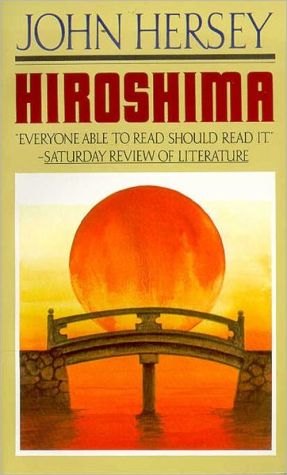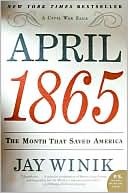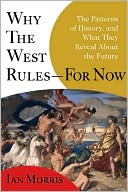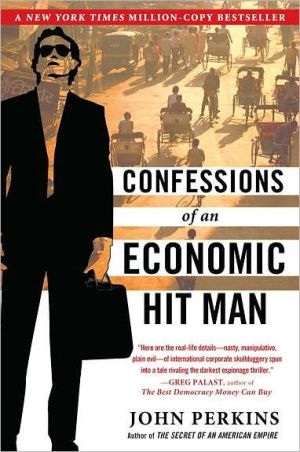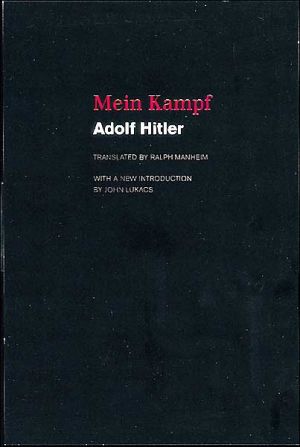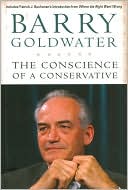Dirty Truths
This eye-opening and entertaining collection of essays investigates media and culture, conspiracy and state power, ideology and political consciousness. Parenti ranges over such crucial issues as free speech, the rise of neofascism, the relationship between wealth and poverty, the “terrorism” hype, the continuing mystifications about the Kennedy assassination, and the deceptions and injustices of U.S. corporate global domination.\ Moving from the political to the personal, Parenti shows the...
Search in google:
This eye-opening and entertaining collection of essays investigates media and culture, conspiracy and state power, ideology and political consciousness. Parenti ranges over such crucial issues as free speech, the rise of neofascism, the relationship between wealth and poverty, the “terrorism” hype, the continuing mystifications about the Kennedy assassination, and the deceptions and injustices of U.S. corporate global domination.Moving from the political to the personal, Parenti shows the links between seemingly disparate social and political forces. Dirty Truths also contains three poems and moving accounts of his own ethnic family life and the political intolerance he encountered in academia.This book is a rich buffet, an enlightening and provocative feast for the mind and heart.Author of Against Empire, Democracy for the Few, Land of Idols: Political Mythology in America, and many other books, Michael Parenti is one of the country's most astute and engaging political analysts. He has taught at a number of universities and now lives in Berkeley, California. Publishers Weekly Writing from a left-wing perspective that's been pretty quiet since the end of the Cold War, Parenti consistently overwhelms his occasional valid points with hyperbole more likely to alienate his readers than to inspire them to join the revolution. It's tremendously difficult to take seriously anyone who peppers his political essays with references to "the reformist governments... of Libya, Panama, and Iraq." And in a way, this is too bad. Parenti is a genuinely interesting guy, and when he writes about his own experiences, he's extremely effective. It's impossible not to sympathize with a man being blacklisted from academia because of his political beliefs, or with the kid who has to watch his dad's bakery forced out of business by the big chains. The points that Parenti raises in his essays are almost unfailingly thought-provoking. Unfortunately, these positives are more than balanced by the fact that his political writing is a chore to slog through. Parenti begins his collection with seven consecutive pages of statistics about poverty, disease and criminal behavior. While disturbing, the value of these numbers as a rhetorical flourish leaves something to be desired. He too often provides only numbers and/or cold factual accounts when something more is necessary. There is no doubt that Parenti is an able writer who is passionate about his beliefs. But the essays in this collection will not resonate with a wider audience.
\ Publishers Weekly\ - Publisher's Weekly\ Writing from a left-wing perspective that's been pretty quiet since the end of the Cold War, Parenti consistently overwhelms his occasional valid points with hyperbole more likely to alienate his readers than to inspire them to join the revolution. It's tremendously difficult to take seriously anyone who peppers his political essays with references to "the reformist governments... of Libya, Panama, and Iraq." And in a way, this is too bad. Parenti is a genuinely interesting guy, and when he writes about his own experiences, he's extremely effective. It's impossible not to sympathize with a man being blacklisted from academia because of his political beliefs, or with the kid who has to watch his dad's bakery forced out of business by the big chains. The points that Parenti raises in his essays are almost unfailingly thought-provoking. Unfortunately, these positives are more than balanced by the fact that his political writing is a chore to slog through. Parenti begins his collection with seven consecutive pages of statistics about poverty, disease and criminal behavior. While disturbing, the value of these numbers as a rhetorical flourish leaves something to be desired. He too often provides only numbers and/or cold factual accounts when something more is necessary. There is no doubt that Parenti is an able writer who is passionate about his beliefs. But the essays in this collection will not resonate with a wider audience.\ \

